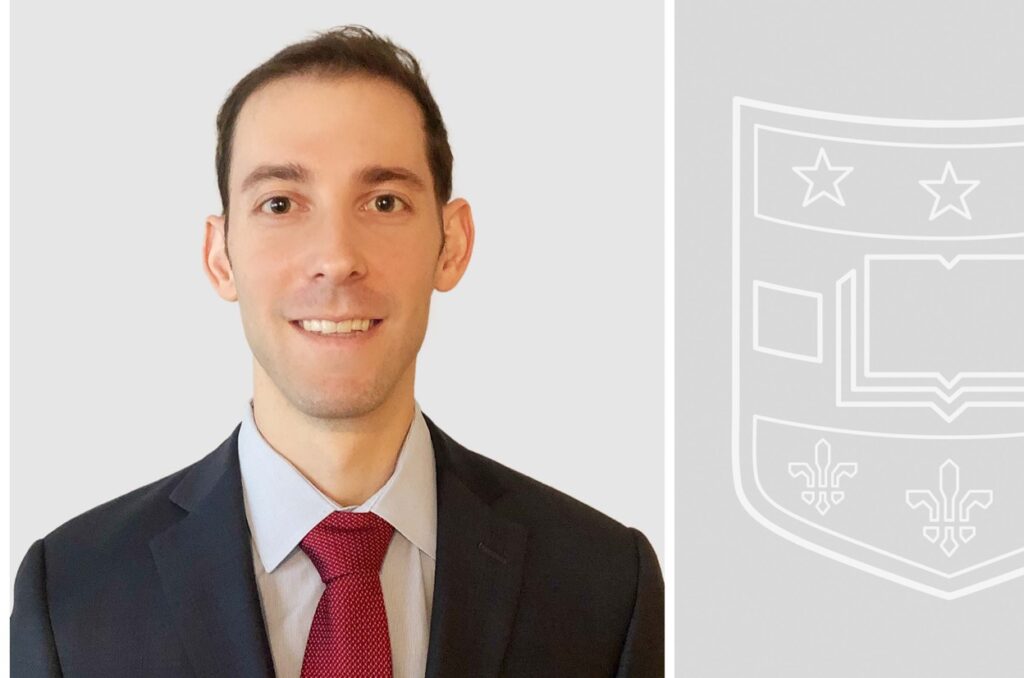Dr. Andrew Davis joined the Department of Medicine in the Division of Oncology as an Assistant Professor in September, 2020.
Dr. Davis received his undergraduate degree from Cornell University in 2009 and performed his medical school, internal medicine, and hematology/oncology training at Northwestern University from which he graduated in 2020. Dr. Davis’s research interests have focused on biomarker development with a particular interest in liquid biopsies, and the exploration of novel treatments for patients with advanced breast cancer. Existing clinical and imaging-based biomarkers have limitations for providing precision medicine treatment for patients. Furthermore, there are limitations with respect to the feasibility and cost of obtaining serial tissue biopsies to assess tumor heterogeneity. To date, Dr. Davis’s work has concentrated on the potential utility of prognostic and predictive liquid biopsy biomarkers at baseline and at serial timepoints for patients with breast cancer. Specifically, he has published research comparing blood and tissue next-generation sequencing, evaluating targetable alterations using peripheral blood circulating tumor DNA, and assessing circulating tumor cells and circulating tumor cell clusters in advanced breast cancer. His research explores the opportunities and potential of precision medicine, while also considering ongoing challenges that exist with this approach. Dr. Davis collaborates with data scientists, basic science laboratories, and biotechnology partners to perform his research. He is highly committed to staying up-to-date on the latest clinical and translational research in breast cancer and liquid biopsies by attending regional, national, and international conferences.
With respect to clinical interests, Dr. Davis treats patients with all stages and types of breast cancer with a particular interest in caring for patients with advanced or metastatic disease, including disease refractory to standard therapy, inflammatory breast cancer, and triple-negative breast cancer. He incorporates patient-centered, biology-driven, and multidisciplinary approaches in order to provide the best possible care to each individual patient. As an internal medicine and oncology trainee, he received multiple teaching awards at Northwestern, including being voted the best teacher by the intern class upon graduating from internal medicine training. In addition, Dr. Davis served as a chief fellow during his final year of fellowship training. He intends to continue his emphasis on mentoring younger trainees, including medical students, residents, and fellows. Dr. Davis believes in the importance of long-term mentorship, facilitating academic opportunities for trainees, and promoting educational curiosity. Dr. Davis also enjoys teaching and plans to incorporate an educational focus into hospital rounds and clinical care to further promote the academic goals of the university.
